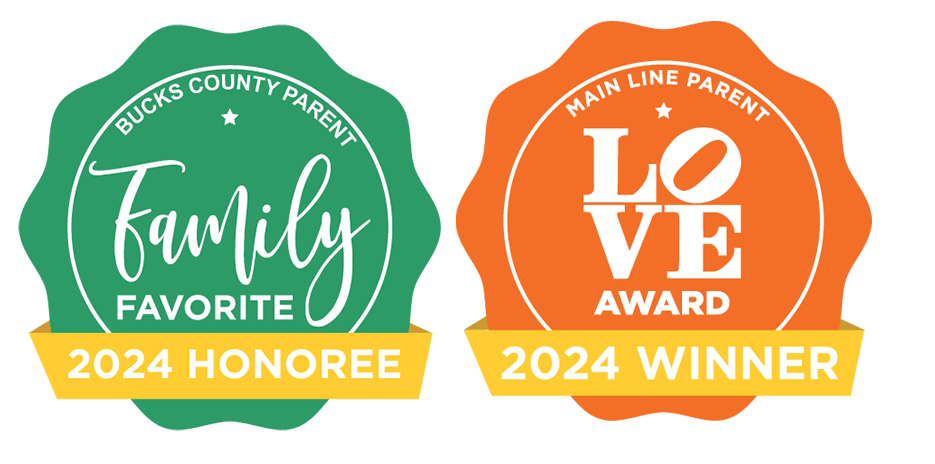Planning for your postpartum recovery begins with what you put into your body to help it repair and recover.
- Pregnancy and birth is hard on your body so you may want to start with anti-inflammatory foods to help the body fight off inflammation. They can also help when it comes to both physical recovery and mood.
- Anti-inflammatory foods include those high in omega-3 fatty acids, Vitamin A, C, B and Zinc will help reduce inflammation, assist in recovery and repair of the tissues. Some examples include berries, avocados, tomatoes, olive oil, almonds and walnuts, leaf greens, salmon, tuna, broccoli, and mushrooms)
- B12 helps the body process stress and make repairs.
- Be sure to eat a protein (from animal sources if not diet restricted) rich diet which provides amino acids for the body to repair. These will often include essential B vitamins and iron.
- A wide variety of fruits, vegetables and whole grains help to give your body a wide variety of vitamins and minerals. “Eat the rainbow” as they say.
- Foods rich in probiotics may also help fight inflammation by maintaining gut health (which is also tied to better mood). This is especially important when antibiotics are given. (Kefer, sauerkraut, kombucha, yogurt). We highly recommend Gundry MD products.
- Omega-3 fatty acid, folate, vitamin B12, iron, calcium, selenium, and zinc deficiencies have all been linked to mood disorders, and pregnancy typically depletes stores of many of these nutrients. Getting adequate amounts of key nutrients like folate- NOT folic acid, B6, B12, vitamin D and zinc (both during pregnancy and postpartum) is key to helping the body produce serotonin, dopamine, and norepinephrine- feel good hormones.
- Beans/Legumes – Canned black beans, chickpeas, or other beans and legumes are easy to make and provide much-needed folate, zinc and iron.
- Protein Rich Soups and Stews are often given to new mothers/ birthing people in traditional cultures. Soups made with bone broth are healing, nourishing, and warming.
- Try to work in healthy fats. Get plenty of healthy fats to keep your omega-3 stores up. These include nuts, avocados, olive oil, and fatty fish.
- Seafood – High in both protein and omega-3s. Aim for lower mercury sources like wild-caught salmon and albacore tuna, freshwater trout, sardines, and wild caught cod.
- Eggs – Nutrition packed into a super easy and versatile food. Even better if you can purchase the kind with higher omega-3 content.
- Meat – Meat is high in those necessary amino acids for tissue repair, as well as iron, zinc and B vitamins. Definitely include red meat postpartum!
- Fruit – Aim for a variety of colors. Fresh and frozen are both good options.
- Vegetables – Also get a colorful variety of veggies, aiming especially for leafy greens, which contain so many of the healing nutrients you need. Cooked vegetables are easier on your digestion than raw, which is helpful in those first few days.
- Whole grains – Minimally processed whole grains are great for fighting inflammation, and they give you much needed, lasting energy. They also contain B-vitamins and folate. Oatmeal is a go to for many (it’s also great for milk supply!), but quinoa, brown rice, and farro are good options too.
- Pre- or Postnatal Vitamin – Keep taking your prenatal vitamin or switch to a postnatal formula to act as a safety net, especially if you are breastfeeding. Your doctor might also put you on an iron supplement for a month or longer to help replenish your stores.
- Collagen – While a collagen supplement isn’t at all necessary, it can be helpful to help in the healing process, especially if they don’t eat a lot of meat. It can also be a convenient way to get more protein in at times when you don’t have a lot of help and need to make something fast, like a smoothie.


